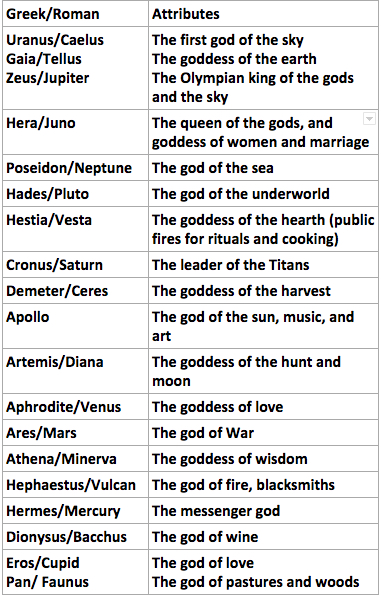

It was hoped that by never mentioning them, people could avoid attracting their unwanted attention. In fact, it was often taboo to even say the names of these deities. Like most of the despised children of Eris, Lethe was rarely prayed to or invoked in hymns. The personifications of murder and lies were among the family of Eris. Her siblings included Ponos (Toil), Ate (Ruin), and Limos (Starvation). Like most of the children of Eris, she was seen as hateful and abhorrent. This minor goddess was named among the offspring of Eris, the personification of strife. Lethe had no mythology, known loves, or conflicts – she simply existed as the embodiment of a state of being. The daimones had no real characterization beyond the role they played. The daimona, or spirit, Lethe was not just the goddess of forgetfulness, she was the state of mind itself. Like many abstract ideas in the Greek world, lethe was personified as a minor goddess.

Lethe, the absence of truth, could have serious consequences on a large enough scale. Without truth, Greek life was meaningless. It dictated their laws, religion, and social norms. The Greeks viewed truth as one of the most important principles in life. It was the loss of fundamental truths about oneself, the world, and the natural order. It meant the concealment or negation of truth itself. Lethe, therefore, did not just refer to the forgetting of certain facts or events. It was “un-forgetfulness,” or “un-concealment.” The opposite of truth was not a lie, it was a concealment or erasure. Truth was thus an opposite of oblivion or concealment. The word was related to aletheia, which meant “truth.” The prefix – a, however, more properly makes this word the exact opposite of its root, lethe. The other definitions are important, however, for understanding the full impact of lethe. Most English translators use the last of these as the standard meaning for the word, especially as it was used in mythology. These include “oblivion,” “concealment,” or “forgetfulness.”

The Greek word lethe has many approximate translations in modern English. Keep reading and hopefully you will remember everything about Lethe in Greek mythology! The Meaning of “Lethe” Lethe, particularly the river, was so powerful that it could make you forget yourself, your life, and even your understanding of the world around you. Often confused for one another, the goddess Lethe and the River Lethe both had the power to bring about forgetfulness on both large and small scales. Lethe was embodied in mythology by not one, but two figures. Lethe meant not just the forgetting of a single fact or event, but a complete loss of all memory and the concealment of truth. The word lethe in ancient Greek is usually translated as “forgetfulness.” Its meaning, however, was much more exact than simple moments of thoughtlessness that are common to us all.


 0 kommentar(er)
0 kommentar(er)
